Urbanization puts great pressure on agricultural production space
According to the Institute of Strategy and Policy on Agriculture and Environment, protecting agricultural land is an important requirement for food security and regional ecological balance. The process of industrialization and urbanization has caused a sharp increase in demand for non-agricultural land, creating great pressure on agricultural production space, especially in the deltas - the key food areas of the country.
Therefore, it is necessary to continue reviewing and amending land, investment, trade, insurance and credit policies to ensure compliance with the law and harmonize long-term interests between businesses and farmers, create new momentum for agricultural development, and support the restructuring of the agricultural sector. Land use planning must be designed in line with the rural development strategy towards modernization, preserving cultural identity and ensuring equal development opportunities among regions, especially mountainous areas, remote areas and ethnic minority areas.
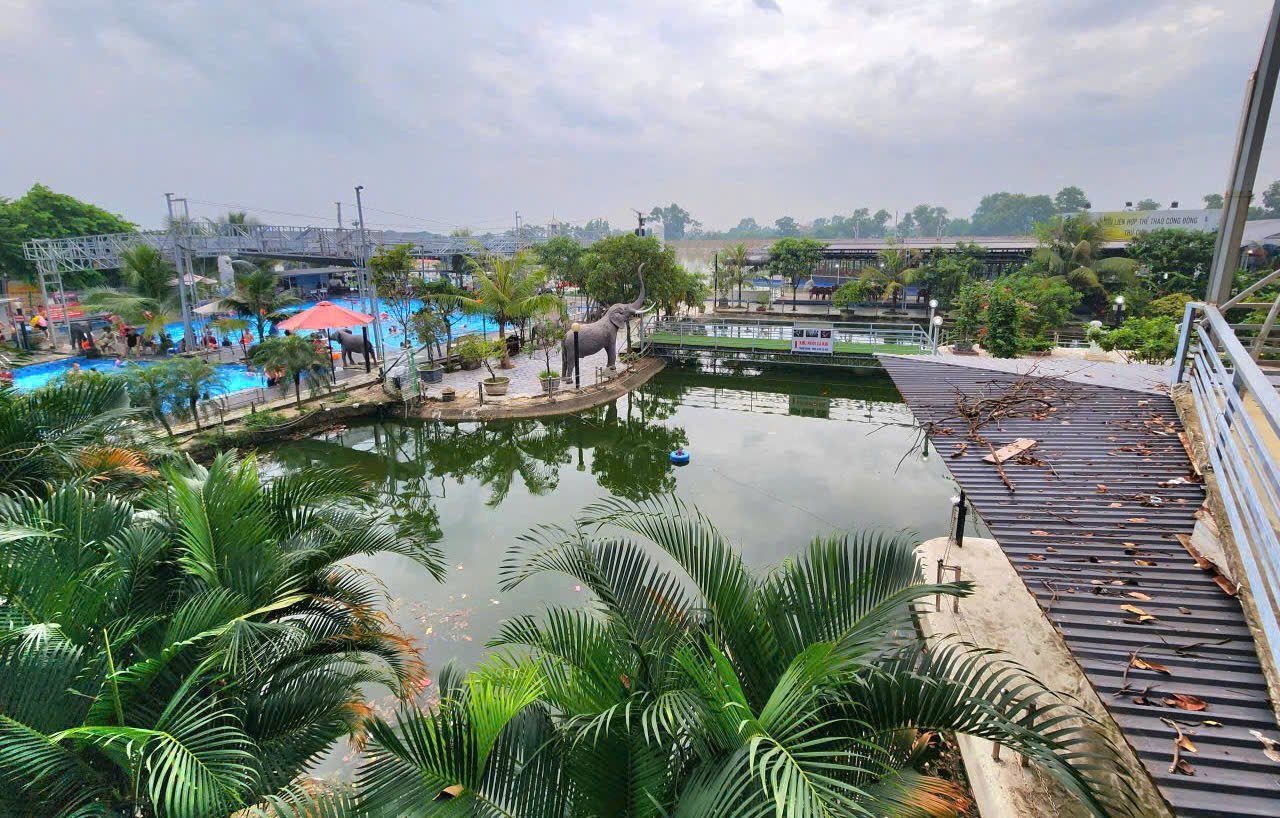
Not only forests, marine resources and fisheries are also placed at the center of development strategies. Marine spatial planning and rational exploitation of fisheries resources help increase the strength of the marine economy , while ensuring biodiversity and maintaining the livelihoods of millions of coastal fishermen.
Rural land use planning is linked with urban development, exploitation and promotion of land resources in construction, sustainable development of rural economy. Protecting agricultural land fund in terms of quantity and quality; preventing riverbank and coastal erosion, salinity intrusion, and land degradation. Strengthening supervision and inspection of the use of land, water, and mineral resources; strictly handling acts of exploitation, misuse, waste, and destruction of resources.
Commitment to net zero emissions by 2050
The Institute of Strategy and Policy on Agriculture and Environment believes that the application of digital technology in resource management is an inevitable trend. It is necessary to gradually digitize data on land, water resources, minerals and forests, and build a smart monitoring system to improve management efficiency, detect and promptly handle violations, and exploit resources for the wrong purposes or beyond permitted capacity.
At the same time, Vietnam must strengthen its resilience and adaptation to the increasingly severe risks of climate change. Investing in smart dyke systems, irrigation systems, anti-erosion embankments, reservoirs or early warning systems for natural disasters will help protect production and people’s lives in vulnerable areas such as the Mekong Delta and the central coast.
The new period of resource policy not only focuses on economic efficiency but also focuses on ecosystem restoration, ensuring water and soil quality, gradually reducing degradation and pollution in mineral exploitation or intensive aquaculture areas. The nature-based development model is encouraged to both preserve ecology and increase ecosystem services for sustainable development.
In particular, with a commitment to net zero emissions by 2050, the carbon credit market opens up new opportunities for Vietnam to realize the combination of economic growth and environmental protection. This allows localities and manufacturing industries to participate more deeply in global carbon trading, creating sustainable revenue from environmental resources.
According to the Institute of Strategy and Policy on Agriculture and Environment, the world and domestic context is undergoing epochal changes, requiring new development thinking, taking green economy, circular economy and green growth as the pillars throughout policy planning and implementation. This is also a new turning point, a new historical opportunity for the agricultural sector in the cause of national construction, development and defense in the new era of development - the era of national development.
Source: https://baotintuc.vn/xa-hoi/so-hoa-quan-ly-tai-nguyen-nen-tang-cho-phat-trien-xanh-va-an-ninh-sinh-thai-20251031121053585.htm


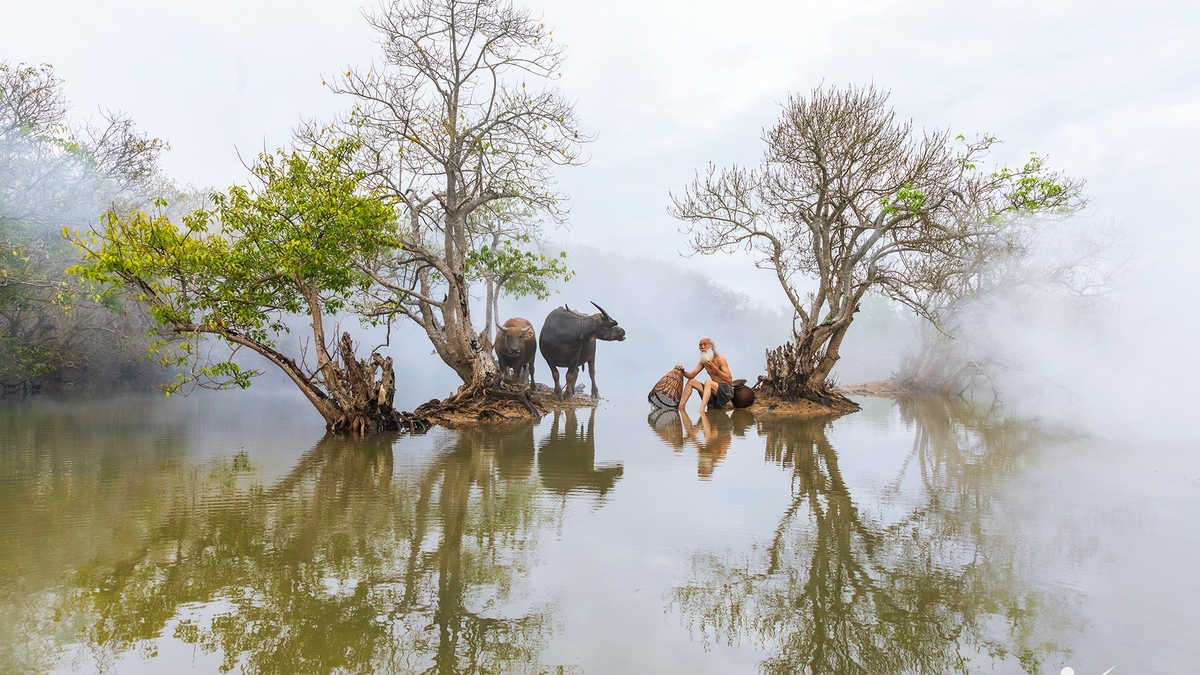

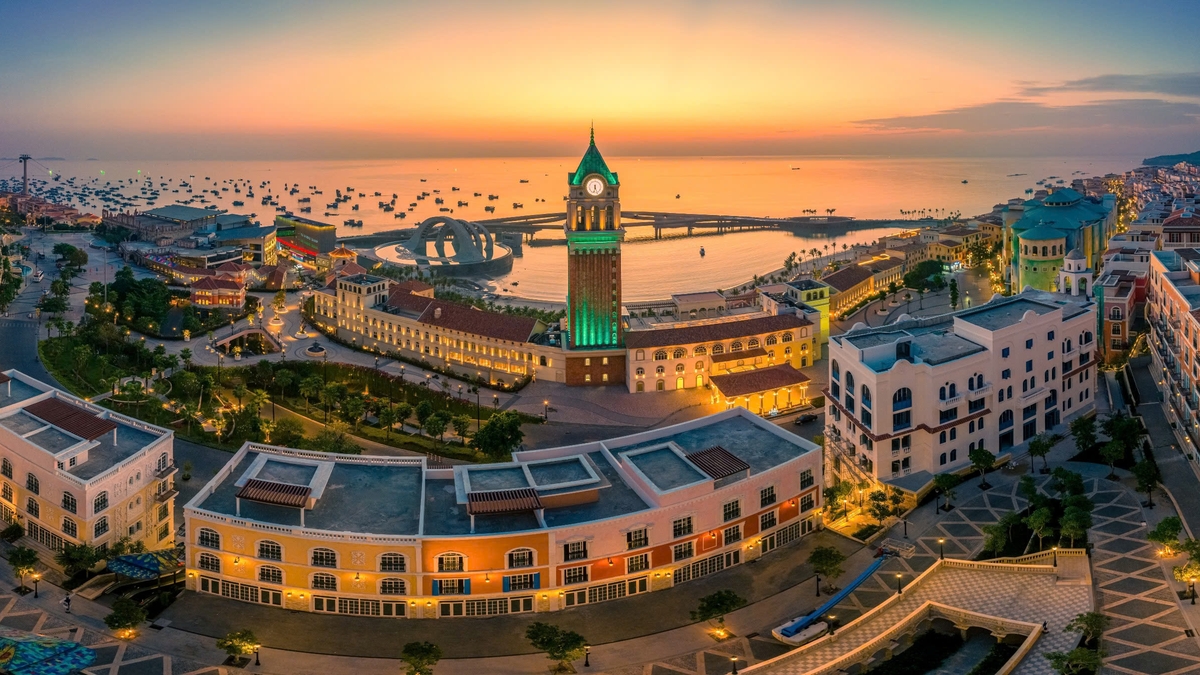



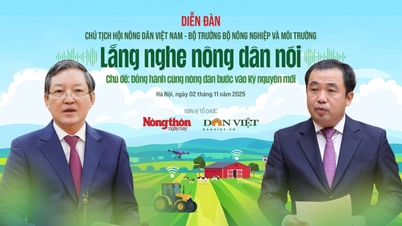


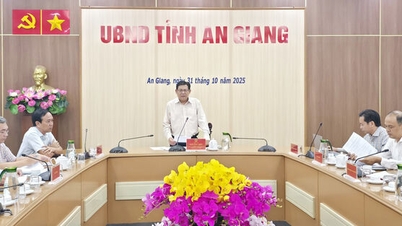

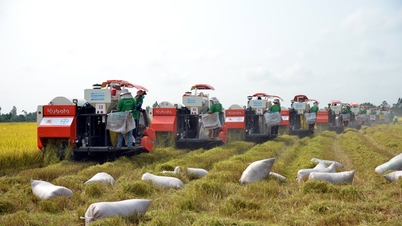
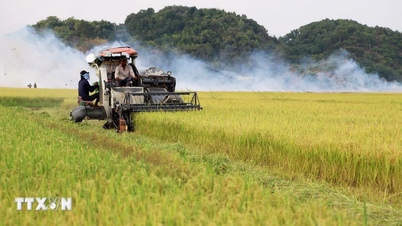

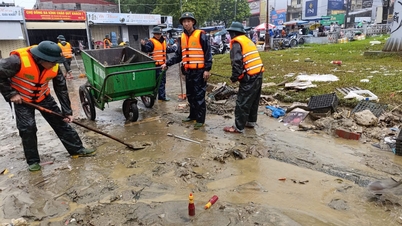

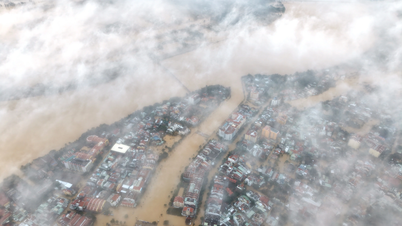




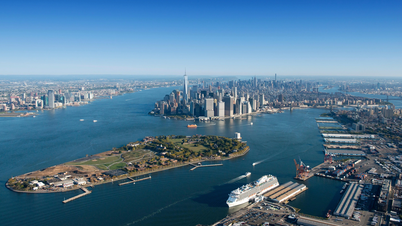
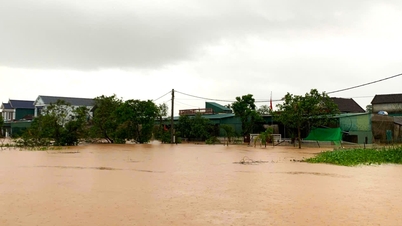







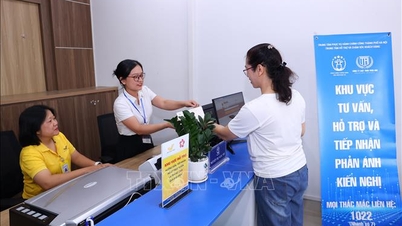
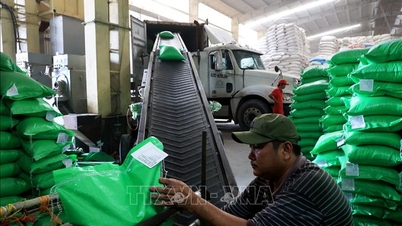


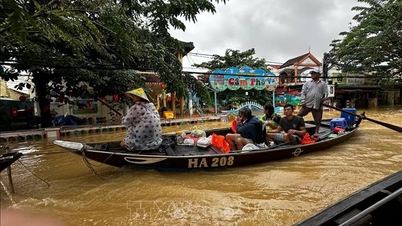

































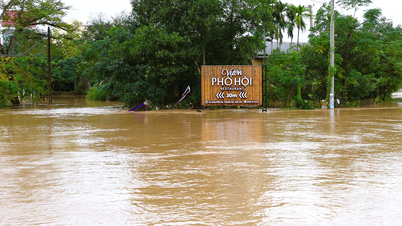
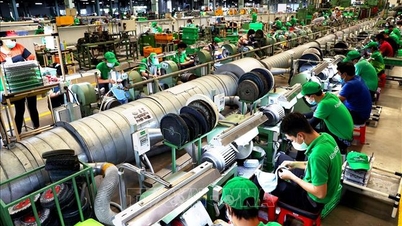
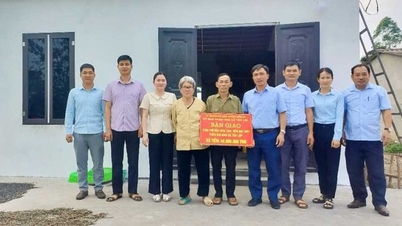

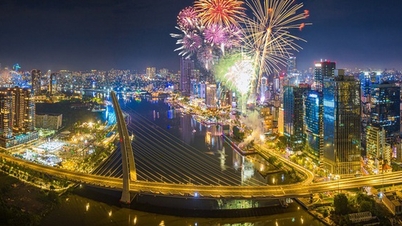





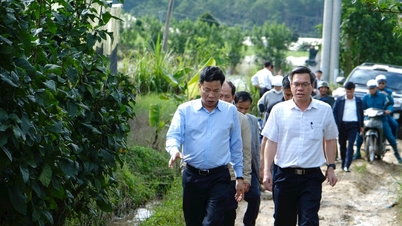

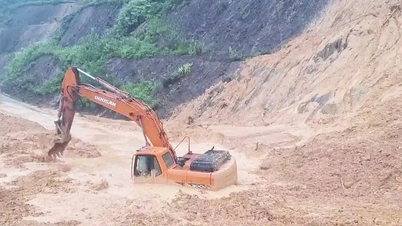

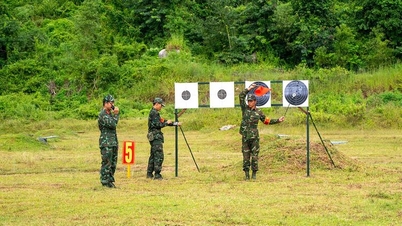
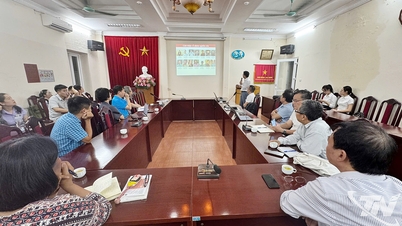



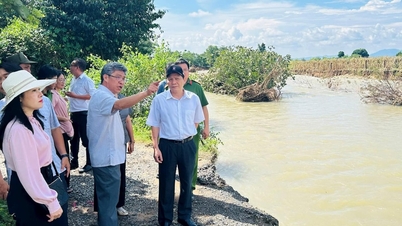
















Comment (0)